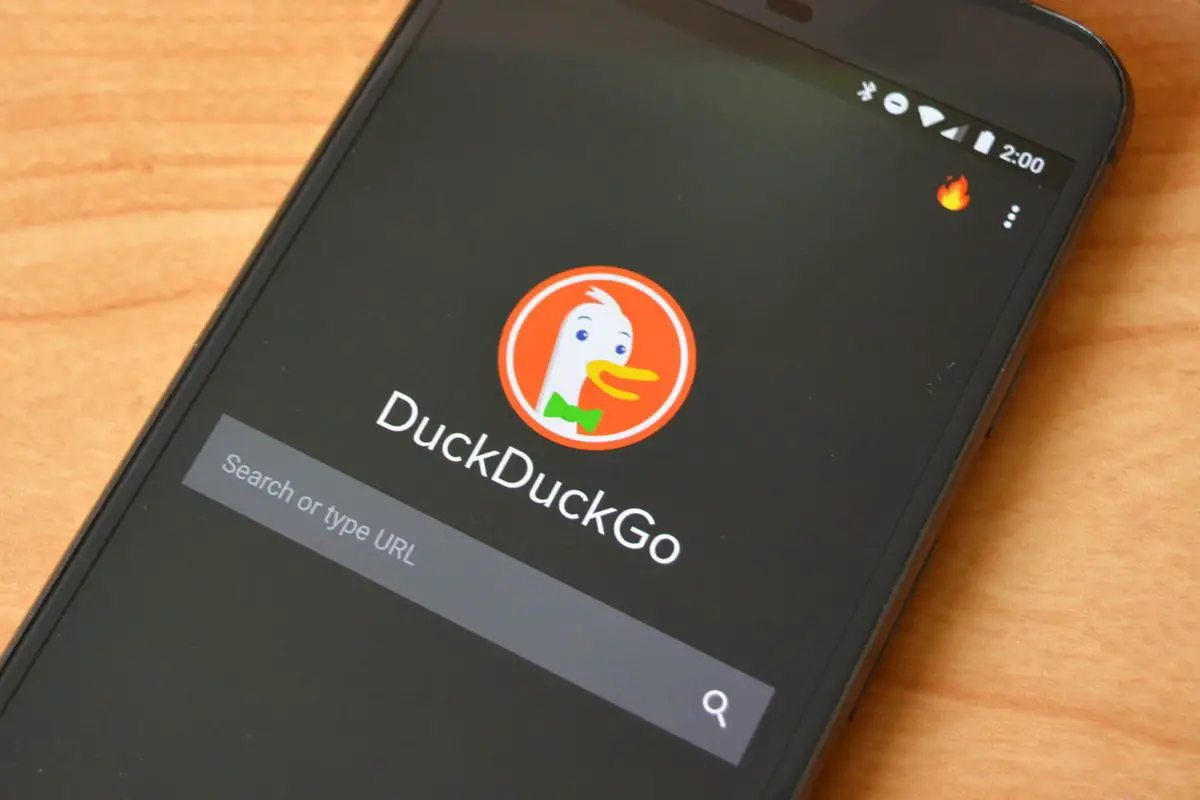Late last year, DuckDuckGo joined a privacy-focused initiative called Global Privacy Control (GPC) along with other organizations and individuals to develop an open standard to help users assert their rights against Internet tracking. Now, it is taking online privacy protection to a new level.
DuckDuckGo enables Global Privacy controls
DuckDuckGo announced today that it has enabled GPC settings by default in its mobile apps for Android and iOS, as well as in-browser extensions for Google Chrome, Firefox, and Microsoft Edge. When enabled GPC will tell websites you visit that you have opted out of being tracked.
DuckDuckGo notes that it already provides anti-tracking features for its web sessions, but GPC is a booster and serves as additional legal protection for regulations such as the General Data Protection Regulation (the European GDPR) or the California Consumer Privacy Act (CCPA), especially in cases where websites in certain locations may sell or share data with advertisers or data “traffickers.”

Publishers that participated in the initial phase of this initiative, such as The New York Times, The Washington Post, and Automattic, say they comply with this feature for users visiting their websites.
If you want to try it out, you can update the DuckDuckGo app to version 7.61.11 or later on iOS and version 5.73.0 or later on Android. On the desktop, you can install the DuckDuckGo Privacy Essentials extension for Chrome, Firefox, Brave, or Edge, or if you already have it update to version 2021.1.8 or later.
In case you do not know it, note that DuckDuckGo is the most interesting search engine of the group of alternatives to the big ones in the sector, Google Search or Microsoft Bing. This search engine is committed to privacy above all else. It does not sell any personal information because it never stores it in the first place. It displays advertising (sponsored links) related to the term the user enters in the search bar, but without tracking activity or generating any user profile.
Confirming that privacy is a rising right pursued by users, DuckDuckGo recently surpassed the 100 million daily searches barrier for the first time in its history. Although it is still far behind Google’s data, it has been growing steadily and is a great alternative for those who seek privacy above all else.





